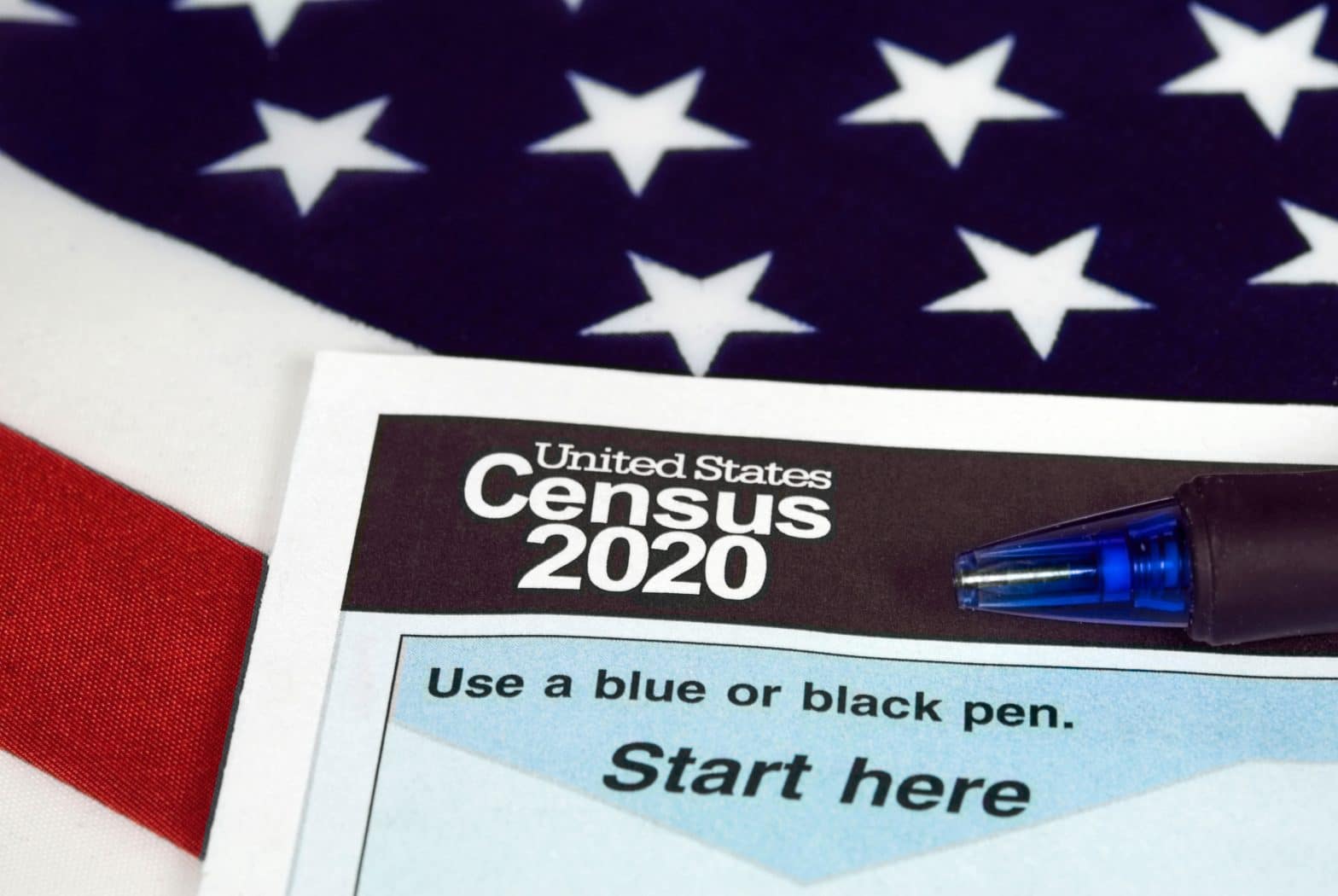Census Case Sent Back to Lower Court Ahead of Supreme Court Decision

WASHINGTON – A lawsuit alleging that adding a citizenship question to the 2020 census violates the rights of minorities has been sent back to a federal court in Maryland just hours ahead of a highly anticipated U.S. Supreme Court decision on whether the question should be allowed.
The 4th Circuit remanded the Maryland case following publication of an opinion by U.S. District Judge George Hazel on Monday that suggested racial discrimination and partisanship were the underlying motives behind Commerce Secretary Wilbur Ross’s decision to add a question that hasn’t been asked on the census since 1950.
The question raised in the Maryland case is distinct from the one the U.S. Supreme Court will deal with Thursday, the last day of its term.
The high court is only considering whether the Trump administration followed the appropriate procedures when it decided to add the question, and whether it has the right to do so. The justices are not considering whether the addition of the question is unlawfully discriminatory.
The 4th Circuit’s decision to send the discrimination case back to Hazel means the federal judge, an Obama appointee, could issue an injunction blocking the citizenship question. If he does, the order will remain on hold pending a 4th Circuit review that would likely set the case on a trajectory to the Supreme Court so the justices can review the discrimination question.
Because the high court’s term is ending Thursday, that review likely wouldn’t happen until October at the earliest.
And of course, timing is everything in the census case.
The Trump administration has insisted that census questionnaires must be printed beginning July 1 to ensure they are ready in time for the decennial national count. The White House has long hoped the justices would fast-track a decision in its favor so that additional court proceedings in Maryland and New York would be pre-empted.
In handing down his ruling Monday, Judge Hazel effectively got the jump on everyone.
His opinion focuses on previously unknown documents that surfaced a few weeks ago on a hard drive that belonged to Tom Hofeller, a Republican operative who died last year.
The documents include detailed calculations projecting gains Republicans would see in Texas by basing legislative districts on the number of voting-age citizens rather than the total population.
The late North Carolina redistricting expert said in the documents that GOP gains would be possible only if the census asked every household about its members’ immigration status.
In his opinion, Hazel said the new evidence “potentially connects the dots between a discriminatory purpose — diluting Hispanics’ political power — and Secretary Ross’s decision.”
Hazel said he would reopen discovery for 45 days, order an evidentiary hearing and promised to issue a “speedy” ruling shortly thereafter.
Even before the latest twist in the census case, the U.S. Justice Department was urging the Supreme Court to ignore the evidence Hazel now plans to review.
“It is based on a speculative conspiracy theory that is unsupported by the evidence and legally irrelevant to demonstrating that [Ross] acted with a discriminatory intent,” the department said in a court filing last week.
Ross, who oversees the Census Bureau, has always maintained that he wants to ask the question to gather data to help identify majority-minority congressional districts, a requirement of the Voting Rights Act.























